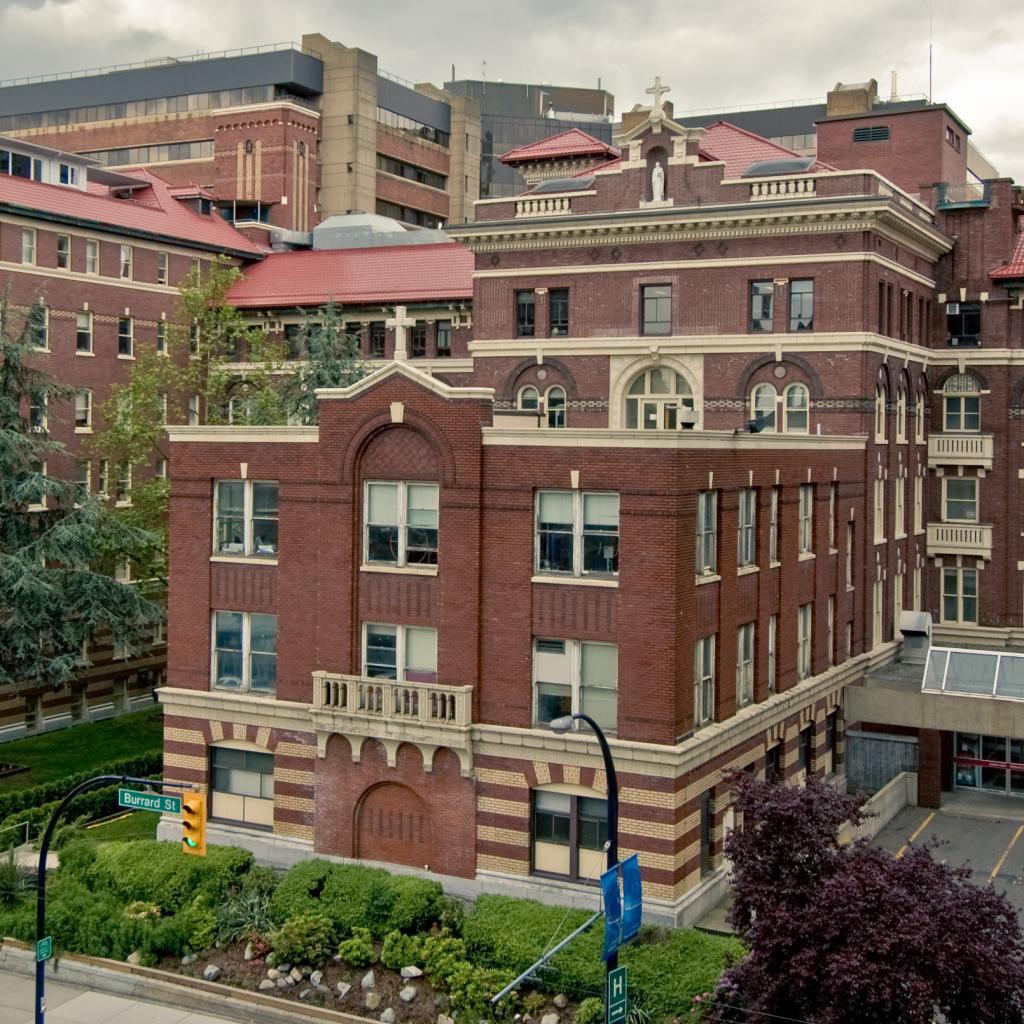Looking for a gift that’ll warm your heart and keep your feet cozy this hol- iday season? Fazl Socks challenges consumers to “wear the change you want to see in the world.” The North India-based, cause-driven business, launched in May of 2016 by two UVic alumni, works alongside disadvan- taged women to produce traditional Himalayan socks.
Fazl donates 50 per cent of the net profit to North Indian children’s homes, which goes directly to food, shelter, education, and clothing for orphaned and impoverished children.
Currently, one third of India’s population lives below the international poverty line. Fazl Socks works hard to ensure fair and economically stable compensation for their 200 employees by paying twice the market value, providing the wool themselves, and establishing incentivised bonuses for every 100 socks.
Vanessa Tse and her husband Mike Gunn co-founded Fazl alongside three other partners native to North India in May 2016. They all have what Tse calls a “long-term relationship” with these communities. Gunn and Tse met eight years ago through volunteer work in the children’s homes, where they continue to work today. “Our hope is to raise future leaders of India,” said Tse.
According to Tse, the name ‘Fazl’ comes from the Urdu word for grace. Urdu is one of the 23 official languages of India, and the use of local vernacular epitomizes Fazl Socks overall dedication to supporting pre-existing cultures while facilitating positive change.“I wanted to work with what was already good . . . the purpose was to love and bless what was already working in India,” said Tse.
It was through their work in North India that the idea for Fazl Socks originated. “We were able to come in contact with a lot of local women who possessed all these wonderful skills,” said Tse. They quickly realized the Himalayan socks could be a unique opportunity to bring a fair trade product to the western market, especially in cold climates such as Canada where Tse knew there was a demand. “[It’s] more of an empowering thing, especially using their local indigenous designs,” said Tse.
Empowerment and sustainability, not profit, is the priority for Fazl Socks. She recalls being approached by third-party manufacturers who offered to make the socks vastly cheaper, at a rate of one per second, and having turned them down. “We believe in empowering all people to live according to their own local standards of well being, happiness, and dignity.”
Tse credits UVic for introducing her to these values that she institutes in her business, and said that her time at UVic helped her realize what “it actually mean[s] to help, in a meaningful way.” Tse based her master’s thesis on her time in India, and from that experience she said that “to do this work in a really mindful and anti-oppressive stance, it has to come out of relationship and long term trust.”
The socks were first made available through the UVic Bookstore, which Jenni Thompson, the associate manager of merchandise, described as a “great opportunity.” Thompson remarked that Fazl Socks allows the bookstore to “showcase grads doing great work around the world.” Fazl Socks has since expanded, and in addition to the UVic Bookstore is now also available in Kelowna, Alberta, Switzerland, Germany, and through their website.
For more on Fazl Socks, visit their website at fazlsocks.com.






